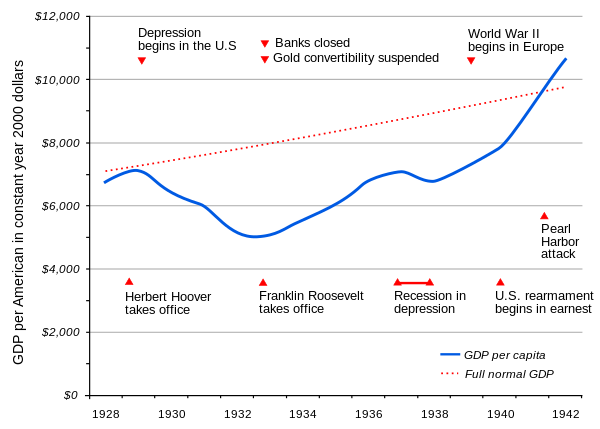ESay
Gold Member
- Mar 14, 2015
- 8,558
- 1,818
- 140
Almost all countries have public debts. But some levels of these debts are astounding. Japan is one example having a rate of approximately 230% per GDP and ranking 1st by this rate. And this level is growing.
What I can't get is how this country is supposed to repay its debts. And how can the investors be sure that they will get their money back?
What I can't get is how this country is supposed to repay its debts. And how can the investors be sure that they will get their money back?


